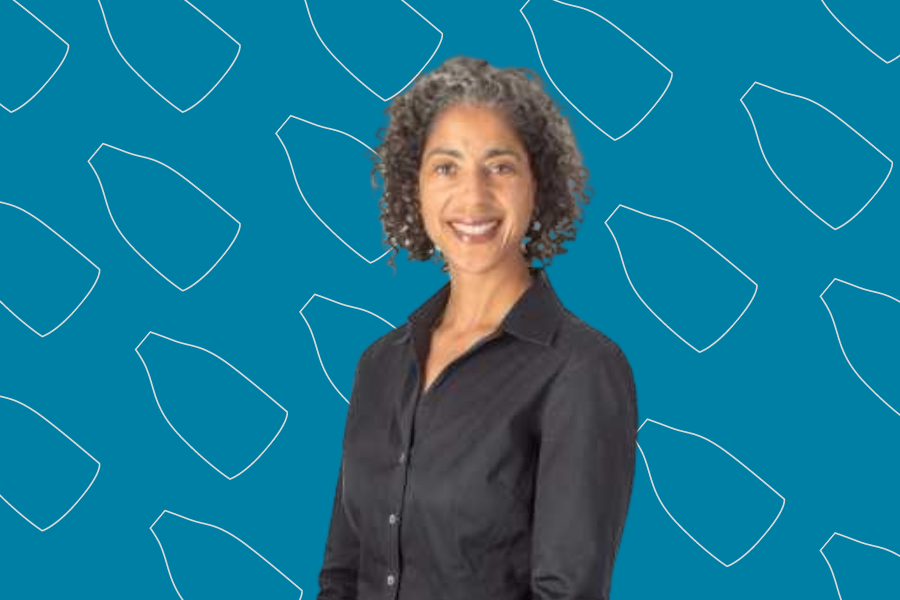Women scholars discuss links between prison activism and research in NPEP panel
Sociology and African American Studies Prof. Mary Pattillo. She researches monetary sanctions in the criminal justice system.
March 31, 2021
Sociology and African American Studies Prof. Mary Pattillo and Ph.D. candidates Charlotte Rosen and Sanjana Subramaniam discussed their experiences with prison activism at a Wednesday panel.
In the Scholars of Service event hosted by the Northwestern Prison Education Program, the academics each spoke about their involvement with NPEP and its ties to their research interests. Although the event was billed as a Women’s History Month celebration of their efforts, the speakers were quick to center their discussions around serving incarcerated individuals through education.
“It was an uncomfortable feeling, seeing my picture on the flyer with the title ‘Women in Activism,’ because my feeling is much more that it is never enough,” Pattillo said. “The work that I’m doing right now is never enough.”
Pattillo, who researches monetary sanctions in the criminal justice system, cited her passion for teaching, the widespread impact of mass incarceration, the prisoners’ motivation to learn and her Christian faith as reasons why she works with the program.
Rosen tied her involvement with NPEP to her belief in prison abolition. The program’s ability to create a “life-giving space” in Stateville Correctional Center in Crest Hill, Ill., she said, embodied an abolitionist spirit. She added that education is an important factor in whether prisoners are determined to be rehabilitated and thus eligible for release.
Because of her privilege compared to the prisoners, Rosen, who volunteers weekly for the program’s study hall tutoring sessions, said she felt uncomfortable with being praised. She recounted how one of her students once realized they only crossed paths because he was incarcerated.
“Those words continue to haunt me,” Rosen said, “And I think it’s important that they haunt me.”
Subramaniam spoke about NPEP’s recent expansion to the Logan Correctional Center, a women’s prison in Lincoln, Ill., and encouraged NU students to support NPEP in a variety of ways, like corresponding with prisoners and raising awareness of the program among the University community.
Although she studies mechanical engineering, Subramaniam said she still considers her scholarship to be connected to her activism in that she works to make education more accessible. She cited her own background as an example of the importance of representation in academia.
“Growing up as an immigrant, as an engineer I didn’t often see people who looked like me in the spaces I learned, and that really affected me,” Subramaniam said. “I want to try my best to not perpetuate the same system that I grew up in.”
Since researchers are often asked about the broader impact of their work in grant applications, Subramaniam said NPEP provides benefits for both the prisoners and educators.
When an audience member asked if the panelists felt the mindset of their work never being “enough” was a result of the socialization of women, Pattillo said she agreed. However, she said the root cause was becoming aware of prison activism.
“Once you have your eyes open,” Pattillo said, “you can’t close them again.”
Email: [email protected]
Twitter: @rjleung7
Related Stories:
— NPEP hosts roundtable on queerness and incarceration
— NPEP hosts prison abolition roundtable
— Keith LaMar addresses Northwestern community from solitary confinement on death row


